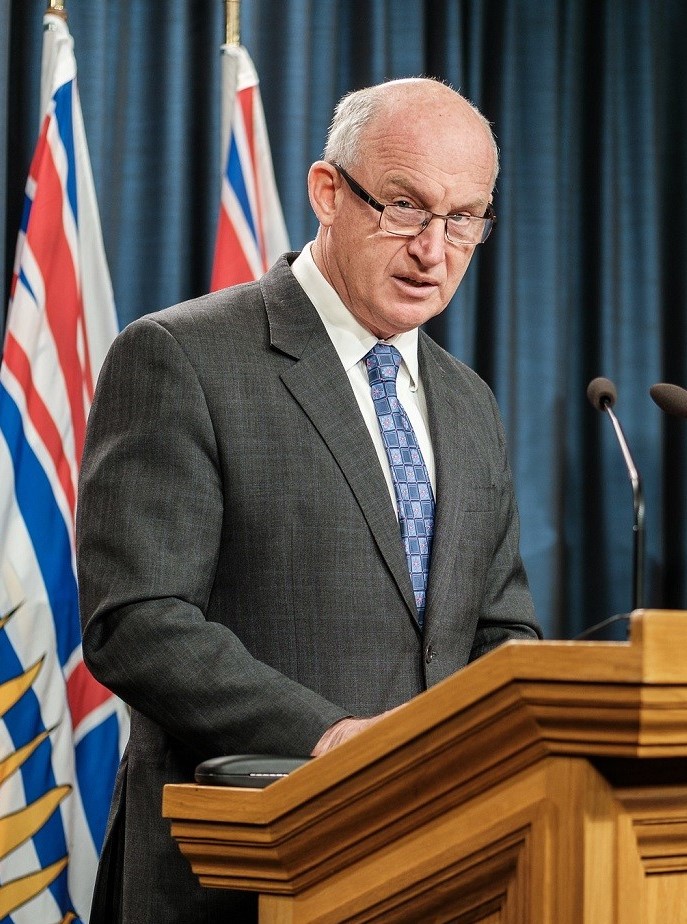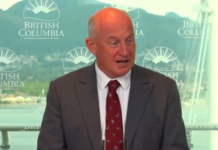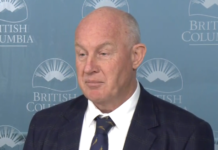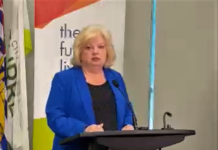THE B.C. government announced on Thursday that it is targeting organized crime by creating a new suite of tools to seize proceeds of crime, such as fast cars, glamourous homes and luxury goods, making gang life unprofitable
Government is making a number of amendments to the Civil Forfeiture Act, including the creation of unexplained wealth orders (UWOs). These orders will require people to explain how they acquired their assets if there is suspicion of unlawful activity. They are a powerful tool that will help the government pierce common money-laundering techniques, such as hiding assets with family members or associates, and removing the benefits of organized crime.
“Money-laundering schemes have become increasingly sophisticated, and unexplained wealth orders will be a key tool in our toolbox to combat organized crime,” said Mike Farnworth, Minister of Public Safety and Solicitor General. “By exposing property for forfeiture actions, we are removing this incentive and sending a clear message to anyone involved in organized crime that crime doesn’t pay.”
UWOs support government’s Safer Communities Action Plan and help target organized criminals responsible for a toxic drug supply that drives repeat violent offending by people with mental-health and addictions issues. UWOs help the Civil Forfeiture Office (CFO) build stronger cases against assets used in organized crime, drug trafficking and money laundering.
The amendments are based on recommendations from the Cullen Commission of Inquiry into Money Laundering in British Columbia, which was released in June 2022. Other amendments include:
* making it easier to access information from public bodies and organizations such as real estate boards;
* targeting the illegal cannabis market;
* eliminating the limitation period on forfeiture proceedings; and
* making it easier to target financed vehicles.
“The Cullen Commission of Inquiry into Money Laundering devoted considerable attention to the forfeiture of assets and money that are the product of crime,” said Brock Martland, senior counsel to the Cullen Commission. “One of the keystone recommendations in the commissioner’s final report was that the provincial government implement unexplained wealth orders. It is heartening to hear that this is being done. I believe UWOs will prove a powerful and effective tool in combating and deterring money laundering and financial crime.”
The funds collected from the sale of forfeited assets support crime prevention and victim services programs and are also used for victim compensation. Since 2006, the CFO has disbursed $70 million in grants to support these programs.
“Unexplained wealth orders will be a very useful tool for the Civil Forfeiture Office to go after unlawfully obtained assets,” said Will Ng, Assistant Commissioner, Criminal Operations Officer, B.C. RCMP. “Every day police see the toll organized crime and money laundering take on communities across B.C., and by targeting ill-gotten proceeds of organized crime, we are making gang life less attractive. This legislation will disrupt and deter organized crime, keeping our neighbourhoods more secure and allowing the police to focus on other public-safety issues.”
The Safer Communities Action Plan is strengthening enforcement to keep repeat violent offenders off the streets of British Columbia and strengthening services to build safe, healthy communities for everyone.
Learn More:
To learn about the Safer Communities Action Plan, visit: https://news.gov.bc.ca/
To read the Cullen Commission report, visit: https://cullencommission.ca/
To learn more about the civil forfeiture in B.C., visit: https://www2.gov.bc.ca/gov/
BACKGROUNDER
Facts on civil forfeiture in B.C.
* Property that is the proceeds or an instrument of unlawful activity may be forfeited pursuant to the Civil Forfeiture Act.
* Since 2006, police have referred more than 11,000 files to the Civil Forfeiture Office due to evidence the property was associated with unlawful activity. Most files referred to the CFO involve drug-trafficking offences connected to gangs and organized crime.
* When there is reason to suspect property was acquired through or used in unlawful activity, the BC Supreme Court may issue a UWO requiring the person to explain the legitimate income sources for the property. UWOs are not an order to forfeit property, they are an order to provide information that may then be used in civil forfeiture proceedings.
* The information gathered from UWOs will only apply to civil forfeiture proceedings. The information cannot be used in criminal proceedings.
* All recoveries from successful forfeitures are used to cover the cost of CFO operations with any remaining funds disbursed as crime-prevention grants and victim services organizations throughout B.C. Since 2006, the CFO has disbursed $70 million in crime-prevention grants.














